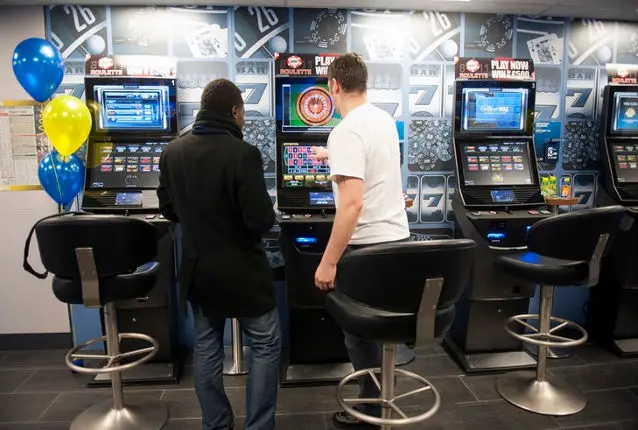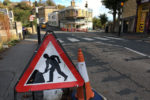The number of gambling businesses on the Isle of Wight has remained steady since 2010, despite national concerns about betting shops taking over high streets.
The area has 25 gambling businesses, the same number it had seven years ago, according to the register of businesses held by the ONS.
Nationally, the UK’s high streets had 11,370 gambling businesses in 2017, about 4% fewer than seven years earlier.
The gambling sector includes casinos and amusement arcades, but the Gambling Commission estimates that about three quarters of businesses are betting shops.
New laws on Fixed Odds betting machine
The Association of British Bookmakers warns that some businesses may be forced to shut down for good. It blames the government clampdown on fixed odds machines, cutting the maximum bet from £100 to £2 every 20 seconds.
A spokesperson from the association said:
“We anticipate that between 3,000 and 4,000 betting shops will close on high streets and in town centres across the country by 2020. As a result 15,000 to 20,000 high street jobs could be lost.
“High street betting shops also face similar issues to other retailers, like competition from other forms of gambling, and the increasing costs of rent and business rates.”
Third of profit from online gambling
Data from the Gambling Commission shows that from October 2016 to September 2017, the gambling industry in the UK made £13.9 billion in profit, a third of it coming from online gambling.
Marc Etches, chief executive of the charity Gamble Aware, believes that the rising use of smartphones has given people easy access to sports betting, casino games and slots.
He said:
“Retailing is moving from the high street to online, and gambling is no different. We are very concerned there are potentially no limits to the amount gamblers can lose online, where there are no statutory limits to stake values and the use of credit cards is permitted.
“Providing the opportunity to gamble on the basis of credit seems to us to be fundamentally wrong. This is why we’d like to see a ban on the use of credit cards when gambling online.”
National decline
Nationally, the UK’s high streets had 11,370 gambling businesses in 2017, about 4% less than seven years earlier.
There are 61 areas of the country that have bucked the national trend and now have more gambling shops than in 2010.
Top of the list is Harrow, in north west London, which had 80 in 2017 – about 35 more than seven years earlier. The biggest drop was registered in Bromsgrove, Worcestershire, which lost 10 of its 15 gambling shops since 2010.
To avoid identifying individual businesses the ONS has rounded the numbers.
Article shared by Data Reporter as part of OnTheWight’s collaboration with Press Association and Urbs Media





